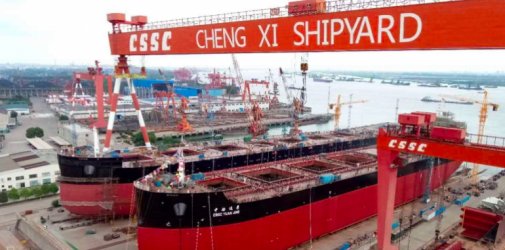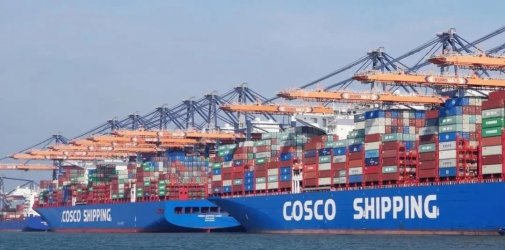Last month, a 24-hour strike by dockworkers at German ports brought operations to a virtual standstill in Hamburg, Emden, Bremen, Bremerhaven and Port Wilhelm.
Since the beginning of this year, the russia-Ukraine conflict and the impact of COVID-19 have disrupted the global industrial and supply chains, putting pressure on international logistics in terms of timeliness and cost advantage. With the continuous expansion of China's foreign trade and the continuous extension of service network, the demand of international trade consignors for logistics has become more diversified and personalized. The communication and cooperation among shippers, freight forwarding logistics companies and cross-border freight train platform companies are becoming more and more urgent. At the cross-border Freight train-International Freight Forwarder Cooperation docking meeting held recently, 31 cross-border freight train enterprises introduced the development of their cross-border freight train business, specific measures to achieve win-win cooperation with freight forwarder enterprises, and sought for further cooperation and exchanges.
Industry insiders believe that the maritime super cycle has ended, freight rates are expected to accelerate the decline in the second half of the year, global container transport demand will drop from 7% growth in 2021 to 4% and 3% in 2022, 2023.


